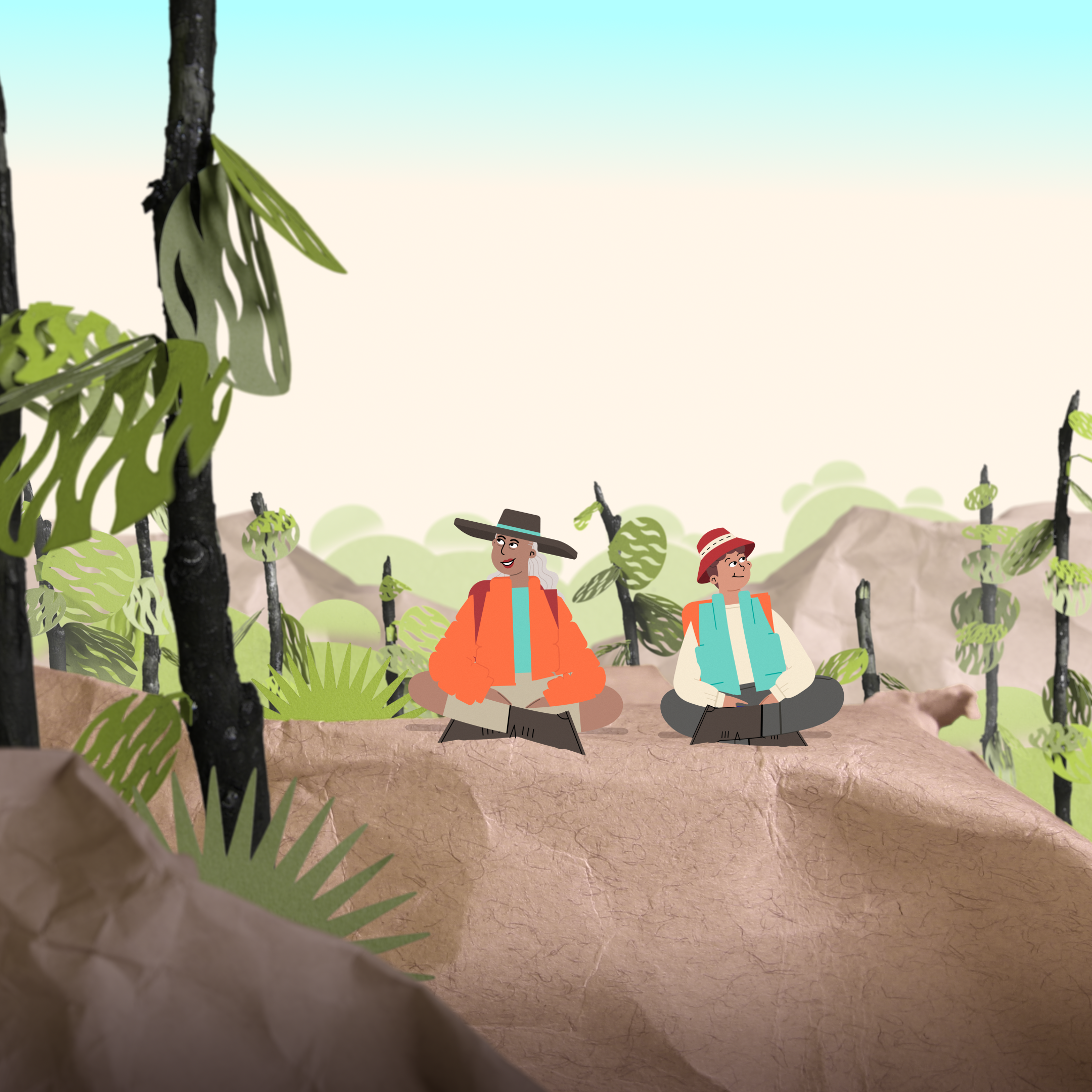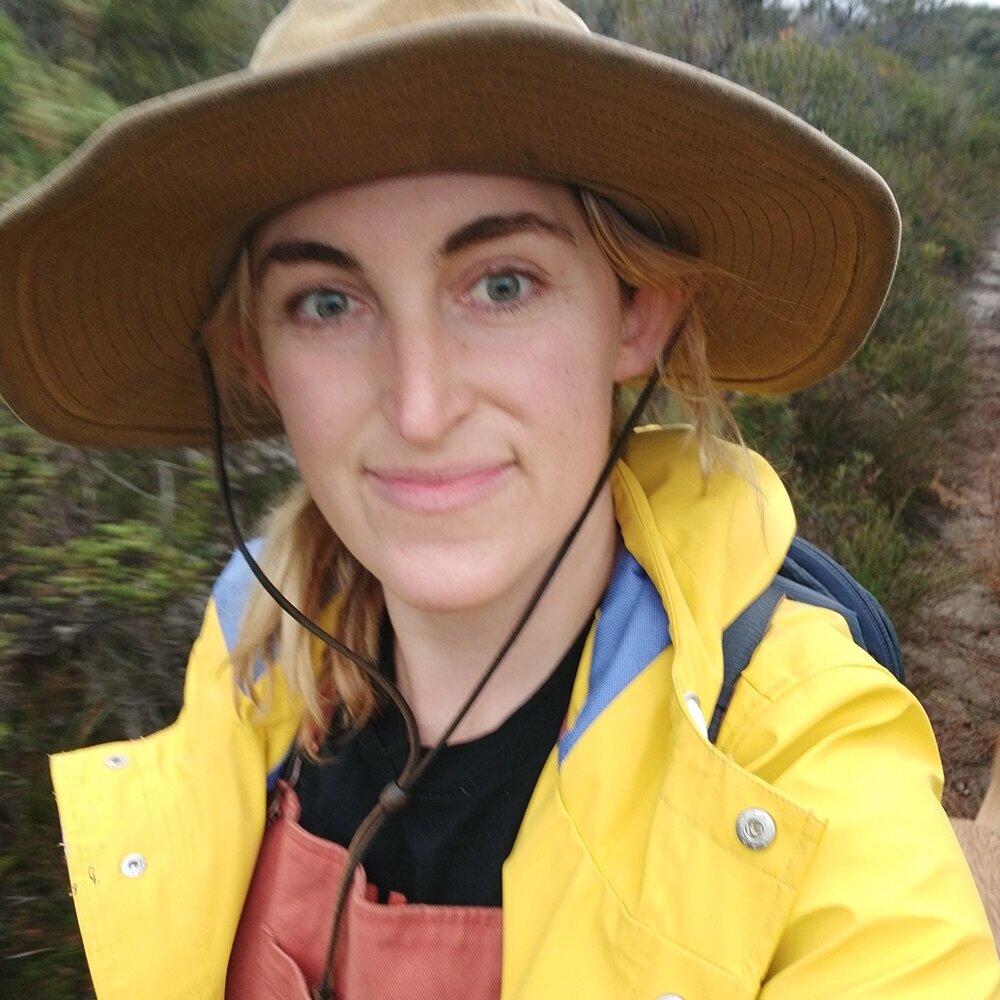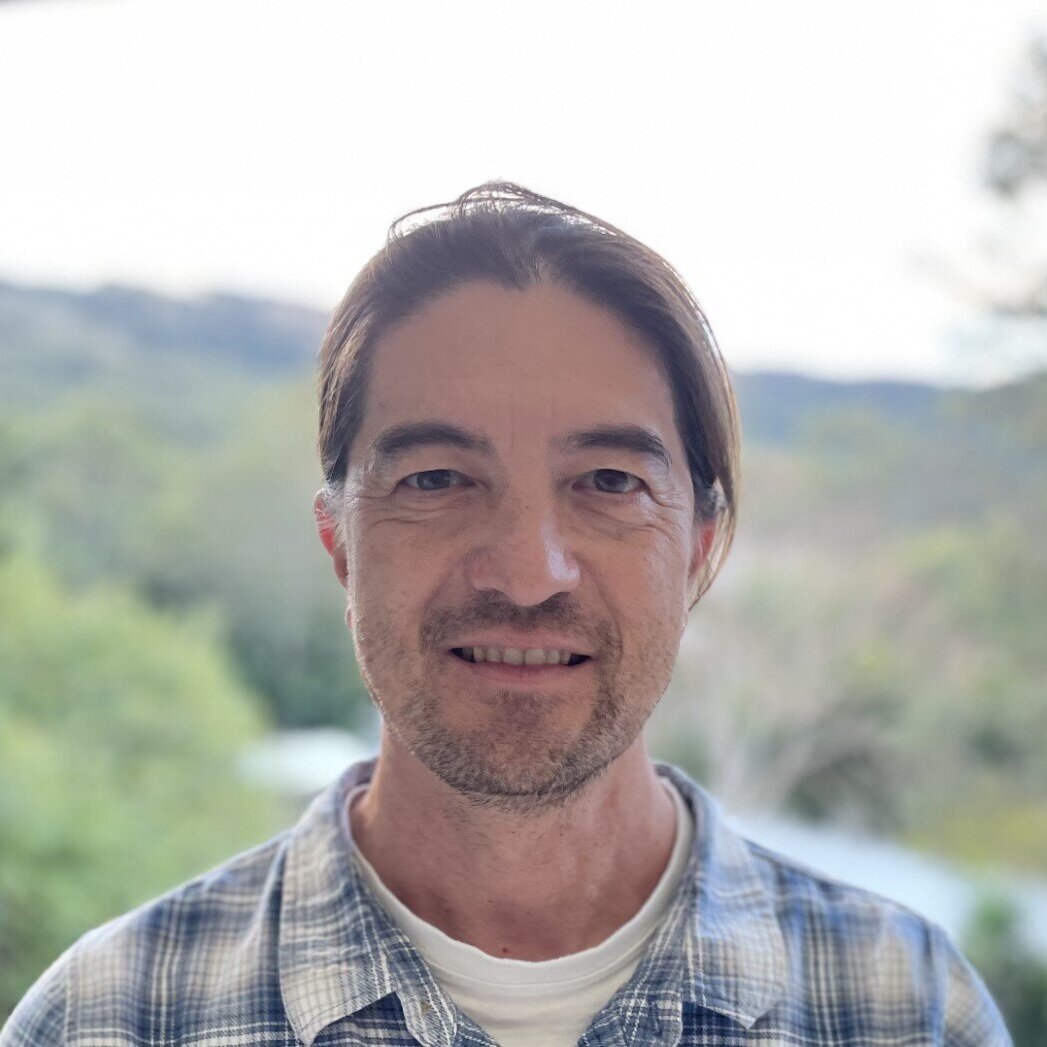What is the Environment Recovery Project?
Australia’s Black Summer bushfire season ended just over a year ago. Millions of hectares across Australia burned, with an estimated three billion animals killed or displaced, not including invertebrates. Understanding how the environment recovers from these unprecedented fires is an important scientific goal.
The impact of the fires on biodiversity was too vast for professional scientists alone to collect data - and community (citizen) scientists answered the call. We set up the Environment Recovery Project on iNaturalist to help paint a more complete picture of which species are bouncing back, and which are not.
Recovery from Black Summer is likely to take decades. Your observations of post-fire biodiversity recovery are vital to informing conservation efforts after this and future fires.
Step 1: From desktop sign up to iNaturalist at www.inaturalist.org
Step 2: Search for the ‘Environment Recovery Project’
Step 3: Join the Environment Recovery Project
Step 4: Upload observations and add them to the project.
Casey Kirchoff
Casey Kirchhoff is a PhD candidate at the UNSW Centre for Ecosystem Science exploring the impact of climate change on Australian alpine plants. In early 2020, Casey founded the Environment Recovery Project after the devastating Southern Highlands’ Morton bushfire destroyed her home. Her passion and natural curiosity for the environment inspired her to start tracking the post-fire recovery of her surrounding environment, despite her loss.
Thomas Mesaglio
Thomas is a researcher at UNSW focused on analysing citizen science data and understanding how to improve and maximise it’s unsefulness. He recently published a review of the history of iNaturalist in Australia. Thomas is an avid iNaturalist user, has made over 164,000 identifications on the platform, and has made the most identifications in Australia. He gives regular presentations and workshops on how to use iNaturalist, and has led a number of bioblitzes and field trips.
Will Cornwell
Will is Casey's PhD supervisor and an associate professor in the Ecology and Evolution Research Centre and the School of Biological, Earth and Environmental Sciences at UNSW. Will has researched groundwater fed fens of upstate New York, the lava flow flora of the big island of Hawai’i, and the scratchy chaparral of coastal California. His focus is why species succeed in particular conditions and how they affect their ecosystems.
Mark Ooi
Mark a plant ecologist with specific interest in plant-fire dynamics, and a Senior Research Fellow at UNSW’s Centre for Ecosystem Science within the School of Biological, Earth and Environmental Sciences. He has worked on projects across dunes to forests, often looking to identify how environmental conditions impact species persistence. Particularly fire. Mark’s work is often utilised for understanding key issues including threatened species management, conservation and the impacts of climate change.











